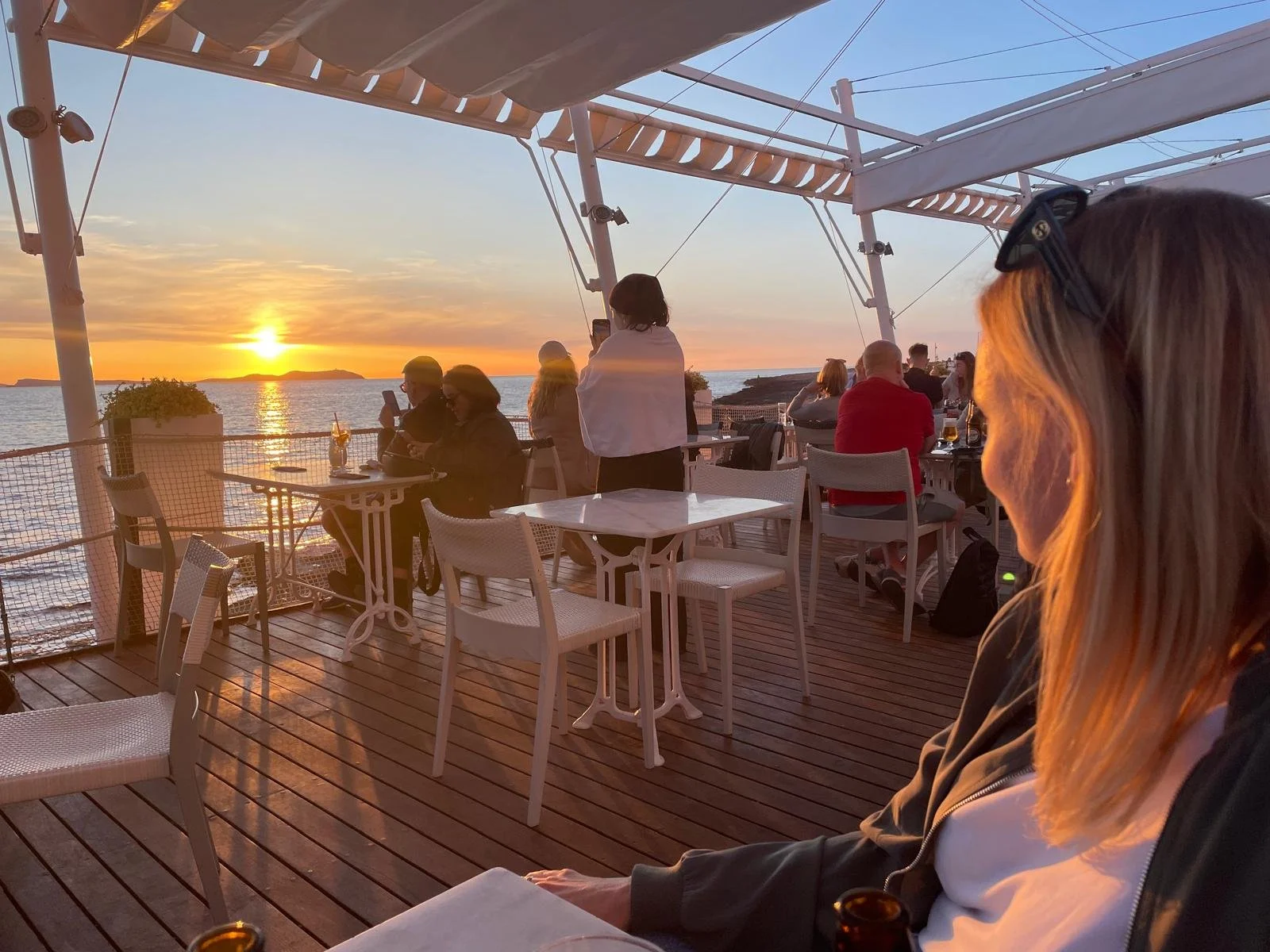After the Impossible
Lessons from losing someone to suicide & honest reflections for those navigating a grief that doesn’t make sense.
Yesterday was International Survivors of Suicide Loss Day, a day set aside to honour those of us who have lost someone to suicide. It’s a day for connection, remembrance, and understanding. And, most importantly, it’s a reminder that you are not alone in a grief that often feels impossible to explain.
I remember finding myself in that place where my whole world felt broken and I couldn’t see how I could ever put it back together gain. Six years on, I’ve learned some truths I wish someone had whispered to me back then. Things that don’t make the pain disappear, but help you carry it.
Here are five things I would say to my past self, and to anyone navigating this particular kind of loss today:
1. It’s not your fault.
This is the big one. The one your brain will argue with for months, maybe years.
Even when your social media feed is filled with posts about ‘prevention’ that make you feel like you could have done something.
Even when you replay every moment, every conversation, every tiny detail until your head feels bruised.
You’re searching for control. For a version of events where you could have saved them.
But you couldn’t.
You did the best you could with what you knew at the time.
And their death is not your fault.
Full stop.
2. You’re going have to learn to live with a LOT of unanswerable questions.
There will always be a ‘why.’
Sometimes you get part of it. And sometimes you get none of it. And even if you do know the ‘reason,’ you’ll still wonder about the pieces you’ll never have.
You’ll wish for five more minutes with them, not to say goodbye, but to ask the questions that keep looping.
It’s one of the cruelest parts of suicide loss: your brain wants closure, and you have to learn to live without it. Letting go isn’t a moment; it’s a practice. Some days you’ll manage it. Other days you won’t. And all of that is ok.
3. There will be a whole new set of triggering words and sentences.
It’s wild how casually people drop them into conversations.
A phrase someone uses off-hand can hit like a punch to the chest.
A joke, a throwaway comment, a TV storyline and suddenly you’re back in the moment you’ve tried so hard to climb out of.
It doesn’t mean you’re weak.
It means you’re human.
Your body remembers what your heart survived.
4. People who’ve lived it will be a lifeline.
They’re the ones who get the complexity of this grief — the messiness, the shame, the rage, the questions, the guilt that doesn’t belong to you but tries to move in anyway.
I searched the internet for stories like mine because I wanted proof that someone could actually survive this. If I could just find one person who had made it through, I thought maybe I could too.
Finding them didn’t fix it, but it made the world feel less impossible.
And sometimes ‘less impossible’ might just be enough.
5. You will feel happiness again.
Even though it feels impossible right now. Even though the idea of joy feels almost offensive.
But little by little, laugh by laugh, moment by moment — it comes back.
And when it does, please don’t feel guilty.
You didn’t ask for this, you are simply playing the cards you were dealt.
So when joy arrives, even in tiny flashes, let it. Notice it. Lap it up.
Life can still be beautiful, sometimes even more so — because you’ve learned how precious it is.
There’s no roadmap for surviving suicide loss, no clean way to measure progress, and no timetable for ‘moving on.’
But there is hope.
Hope in the small things. A laugh that sneaks in when you least expect it. When you catch yourself dancing to a song again, even if there are still tears in your eyes. A memory that brings a smile instead of a sting. Those moments where you suddenly stop and realise you are still here, still breathing, still living.
You can carry the love, the grief, and the memory all at once. And one day you’ll feel joy again, fully and without guilt.
This day is for connection, for remembrance, and for the small but radical truth that surviving doesn’t mean you’ve failed; it means you’re still here, still human, still capable of love.
And that, in itself, is extraordinary.

